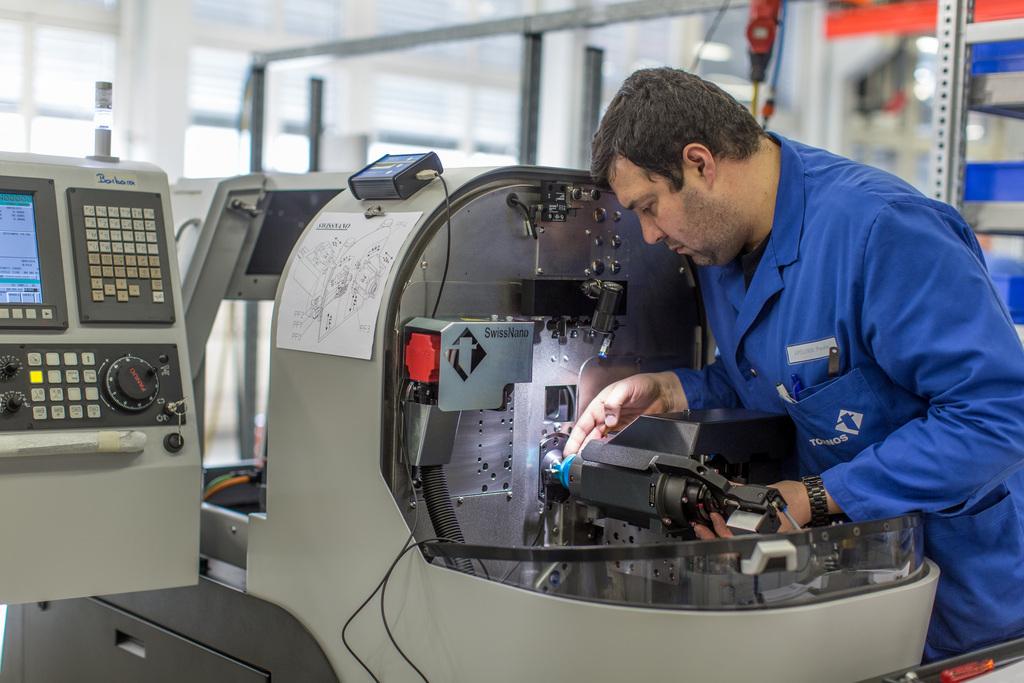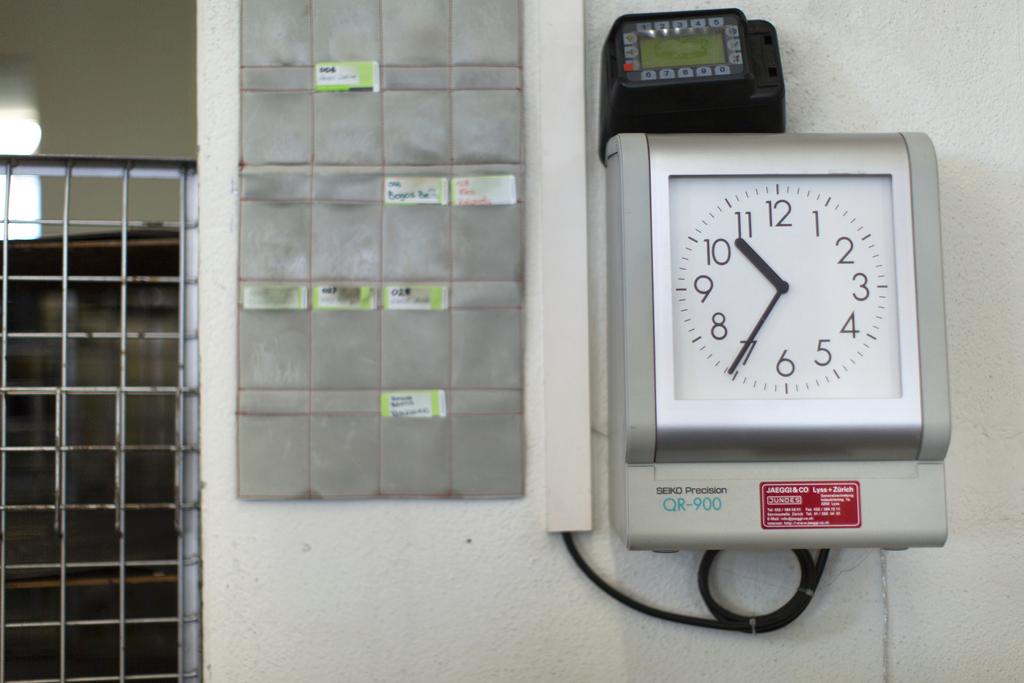Swiss recession risk “increases”

Switzerland could slide into recession this year unless the franc-euro exchange rate improves, an economist fears. Economic output fell 0.2% in the first three months of this year following the Swiss National Bank’s (SNB) decision to abandon its defence of the franc.
Janwillem Acket, chief economist of Julius Baer bank, told swissinfo.ch that he was surprised at how quickly the SNB’s move had negatively affected the economy. Exports slumped 2.3% in the first quarter, according to statistics released on Friday by the State Secretariat for Economic Affairs (Seco).
“It is astonishing that we have seen the impact so early,” Acket told swissinfo.ch. “The consensus was for stagnation. The main impact [of the SNB’s decision] will be seen in the second quarter.” The -0.2% quarter-on-quarter contraction is the worst performance since the opening three months of 2009.
At present the franc-euro exchange rate is hovering below CHF1.05. Acket believes this needs to stabilise to a range between CHF1.05 and CHF1.10 to give the economy a chance to revive.
“We have good employment rates, consumer purchasing power remains high and companies are still investing,” Acket said. “But unless the exchange rate rises above CHF1.05 the risk of short-term recession and deflation will increase.”
Eurozone turbulence
The real problem for Switzerland, according to Acket, is that the franc is at the mercy of continued turbulence in the eurozone. Fears persist that Greece may yet exit the single currency whilst the European Central Bank (ECB) is flooding the market with euros to buy up bonds of distressed countries.
“I do not think the SNB will intervene in the currency markets while the situation remains so tense,” said Acket. “It would be a bit like throwing sand into the Sahara.”
Seco has not changed its annual gross domestic product growth forecast of 0.9% despite the raft of poor figures released on Friday. Julius Baer has predicted GDP growth of 0.7% in 2015 (but this may shortly be revised), while the KOF Swiss Economic Institute has gone for 0.2%.
In March, Seco reduced its 2015 GDP forecast from 2.1% (announced in December) to its current 0.9% prediction.
Hard hit sectors
Chemical and pharmaceutical exports were particularly hard hit in the first quarter, according to Friday’s figures. The machinery and tools sectors were also negatively impacted along with watches, precision instruments and jewellery.
Last week Swissmem, the umbrella body for the mechanical and electrical engineering industries, said that sales had fallen more than 8% in the first quarter compared to the same period last year. More worryingly, new orders for member firms fell a dramatic 17%.
By contrast, exports of services (including tourism) rose 3% quarter-on-quarter, but the tourism industry expects to feel the full blast of franc-euro exchange rate changes in the present quarter.
The Swiss economy was prevented from falling even deeper into the mire by a 0.5% increase in spending by households and non-profit organisations.
On January 15 the SNB abandoned its policy (introduced in 2011) of keeping the franc-euro exchange rate at no lower than CHF1.20. It said it would have needed to print tens of millions of francs to keep the peg alive, making it an unsustainable policy.

In compliance with the JTI standards
More: SWI swissinfo.ch certified by the Journalism Trust Initiative



You can find an overview of ongoing debates with our journalists here. Please join us!
If you want to start a conversation about a topic raised in this article or want to report factual errors, email us at english@swissinfo.ch.